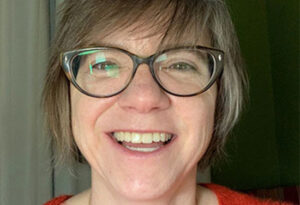
People living with type 1 diabetes (T1D) are dependent on insulin therapy to keep their blood sugar levels from rising too high, which can lead to long-term complications, such as kidney and heart failure. As this can be an imperfect treatment, researchers have been experimenting with islet transplantation – the transfer of insulin-producing cells from a donor’s pancreas to a person with type 1 diabetes (T1D) – as a promising therapy that would eliminate the need for insulin injections.
Since 2016, JDRF and Sernova Corp., a clinical-stage regenerative medicine company, have been collaborating on innovative technology to treat hypoglycaemia (low sugar) unawareness in patients with severe T1D. An alternative to drugs, cell pouch technologies involve implantable medical devices that form a highly vascularized environment in the body for the housing, function and long-term survival of therapeutic cells, which release proteins or hormones to treat chronic diseases like T1D.
Recently, Sernova announced the enrollment of the first three of seven subjects in its US-based Phase I/II trial of Sernova’s Cell Pouch™ for clinical islet transplantation. Study subjects will receive Sernova’s Cell Pouches, including a small sentinel device implanted under the skin. Following a defined period to allow for the development of vascularized tissue chambers, immunosuppression will be administered along with a dose of purified islets.
The primary goal of the study is to demonstrate safety and tolerability of islet transplantation into the Cell Pouch among participants with hypoglycemia unawareness. The secondary goal is to assess the device’s efficacy in reducing severe hypoglycemic events and ensuring the survival of islets following transplant.
Sernova is expecting to report preliminary safety data from this landmark clinical study in the first half of 2019 and preliminary efficacy data in the second half of 2019.
Through advances in encapsulated cell therapies, researchers hope to reduce the burden of T1D by addressing many of the shortcomings and challenges of current insulin therapy, while significantly increasing the quality of life of people with the disease.
For more information on enrollment and recruitment details, please visit www.pwitkowski.org/sernova or contact (773) 702-2504.
For more informative articles on health and type 1 diabetes, visit our JDRF Blog.




